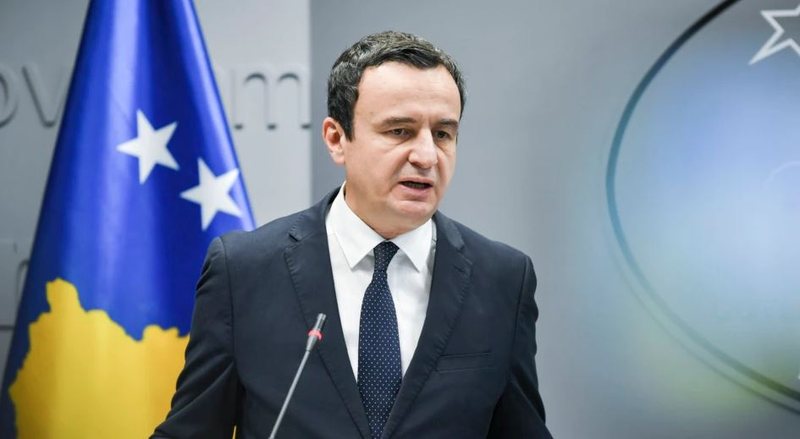Kosovo PM Albin Kurti clashes with Prosecution over refusal to testify

A serious political debate has erupted in Kosovo following Prime Minister Albin Kurti’s public refusal to testify before the Special Prosecution Office. The refusal marks an unprecedented standoff between the head of government and the judiciary. Kurti, summoned as a witness in an investigation related to state reserves and a grain procurement tender, has openly criticized the prosecution, using terms such as “snails” and “rabbits” to describe their alleged inefficiency and selective action.
Why is this important: Kurti’s refusal to cooperate with the prosecution marks a significant shift in his approach to governance. It comes at a time when his government, which rose to power on a nationalist, anti-corruption platform, has faced a series of corruption scandals that have eroded its reputation. By rejecting the prosecution’s authority, Kurti escalates tensions with the justice system, positioning himself among a list of Balkan leaders who have clashed with judicial systems when investigations move close to their inner circles or political interests. The development raises concerns about the rule of law and democratic accountability in Kosovo, as it underscores the challenges faced by the judiciary when pursuing high-profile cases.
Context: Kurti’s rejection to appear at the prosecution office has intensified tensions, as he suggested the investigators come to his office instead. The Prime Minister claims the summons is politically motivated, alleging interference in the electoral process. Kurti also accused Kosovo’s Chief Prosecutor, Blerim Isufaj, of orchestrating a scenario aimed at damaging his reputation.
“I dare to say I won’t go. Let’s see if they dare to come,” Kurti declared during a televised interview, further escalating the rhetoric. He also referenced his government’s ongoing disputes with Isufaj, whom the administration has declined to formally recognize as Chief Prosecutor since his appointment by Kosovo’s Prosecutorial Council.
Accusations of bias: Kurti accused the prosecution of acting sluggishly when investigating cases referred by his government but responds swiftly when allegations, even procedural ones, involve members of his ruling Vetëvendosje Movement. He compared the prosecution’s approach to a “snail” when addressing his government’s complaints and a “rabbit” when pursuing opposition allegations.
The current investigation is looking into allegations of irregularities in a tender for the state reserves. Two officials from the Ministry of Trade and Industry have already been arrested and are now defendants in the case, in which a businessman reportedly close to Kurti is involved. However, Kurti has framed his refusal as a defense against judicial overreach and political scheming.
Prosecution pushes back: In response, Kosovo Chief Prosecutor Isufaj held a press conference to clarify the prosecution’s position, emphasizing that no one is above the law. Isufaj dismissed Kurti’s accusations, asserting that the prosecution operates independently and adheres strictly to legal and constitutional mandates.
“All citizens are equal before the law, regardless of their position or name. If we act selectively, we violate the law,” Isufaj stated, rejecting Kurti’s suggestion for investigators to question him in his office. He also pointed out that summoning high-ranking officials for questioning is standard legal procedure.
Isufaj denied allegations of political bias, highlighting that, despite 17 criminal complaints filed against ministers in Kurti’s government, no charges have yet been filed, illustrating the prosecution’s measured approach.
Regional parallels: Kurti’s refusal and attack on the prosecution, puts in the company of other Balkan leaders, including Albanian opposition leader Sali Berisha, who have also refused to cooperate with judicial summonses and have declared war on the justice system when it dares to investigate them or cases involving people in their circle. Critics have noted the irony of Kurti adopting tactics he once condemned, including harsh attacks on the judiciary. His comments will likely polarize public opinion, with supporters seeing them as resistance to a biased system and critics accusing him of undermining the rule of law.


